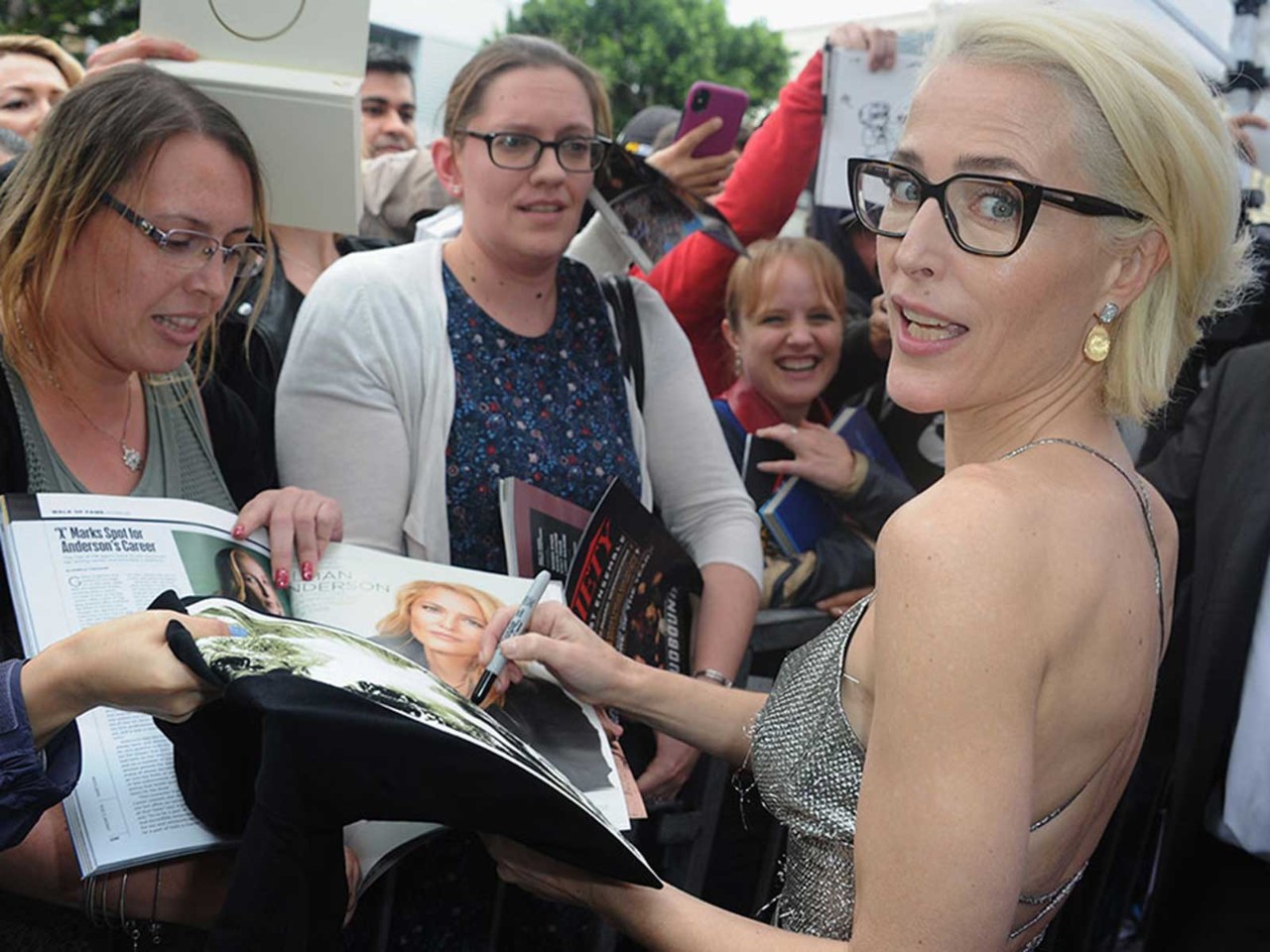
Cultural change takes a very long time – much longer than virtually anyone acknowledges. The famous remark, probably apocryphal, from the onetime Chinese premier Chou En-Lai in the 1970s – that it was too soon to tell what the effect of the French Revolution back in 1789 had been – is a wise one.
The Extinction Rebellion protestors bring the freshness of youth and the belief that overnight change is feasible. Real change takes much longer. It is about behaviour and is a slow, accumulative process.
The campaign to explain financial disclosures and bring wider corporate understanding to employees only really got under way in the 1970s. Corporate governance as an advisory code to encourage change and greater rigour and fairness in business practices followed in the early 1990s. The first stirrings of accounting for sustainability date back to 2004.
All these were culturally revolutionary. But it takes time to create long-term acceptance and effect. It is a slow but inexorable process. And the cultural change needs to spread down into society’s roots. False dawns are common phenomena in this field. But there are suggestions that, again, its time has come.

Calling out the nonsense is increasingly important
The next leap forward
Paul Polman, for a decade the pioneering sustainability champion as CEO of Unilever, and business guru Andrew Winston have just published a book (Net Positive – How Courageous Companies Thrive By Giving More Than They Take) explaining why another great leap forward may be occurring.
Change in the business world increasingly happens by calling the worst business practices out. And the strength behind this has come from corporate demographics. The book cites, for example, a 2020 Deloitte survey that suggests that the top concerns out of all possible issues of the two younger generations, Millennials and Gen Z, were climate change and protecting the environment.
‘The ultimate question is this: Is the world better off because your business is in it?’
That, you might say, is fine and aspirational. But if you add it to a couple of startling figures from Unilever’s experience it begins, as accountants would say, to add up.
For almost a decade, the Unilever mission has been encapsulated in its Unilever Sustainable Living Plan. Across that decade, as the book points out, ‘Unilever’s standing as an in-demand employer rose dramatically’. The figures are phenomenal. ‘Giving employees the chance to live their values creates a talent magnet,’ the authors say. ‘Unilever gets two million applications annually for 15,000 positions, and a million students apply for roughly 600 graduate intern roles.’
The gimmicks
And this is where the strength for change comes from. It provides confidence all the way up the business. It makes it easier to call the obvious things out: quarterly reporting, for example. The US business world has always loved quarterly reporting even though it is largely non-existent elsewhere. It provides a temporary fizz that companies enjoy. And it encourages manipulation of the figures for short-term gains. In a marina, I once spotted a yacht that was called ‘Fourth Quarter’. That said it all.
Polman announced, three weeks into his tenure of the CEO role, that Unilever would no longer report quarterly earnings or provide such guidance anymore. The same, as the book makes plain, goes for other ploys, like stock buybacks. They are, say the authors, ‘mostly a gimmick to boost short-term earnings and distract from the fact that you’re not investing in things that will make the business more valuable’.
Call out the nonsense
Calling out the nonsense is increasingly important. The famed Jack Welch, the hugely influential CEO of GE in the last decades of the 20th century, did finally admit that ‘shareholder value is the dumbest idea in the world’. But as the authors point out: ‘Unfortunately he said it after retiring’. As they say, like many political leaders and CEOs, people are more courageous once they leave office.
The same goes for tax avoidance and corruption. Increasingly it is, in all manner of ways, unsustainable. The book quotes Bob Eccles, another sustainability guru: ‘Fiduciary duty actually suggests the board should ensure the company is paying an appropriate level of taxes to avoid unnecessary reputational risk’.
Viewed like that, all the semantics and entangled confusions fade into the distance. In the end it all comes down to a simple vision, one that is understandable by anyone, young or old, CEO or intern. As the authors make clear, very early on in the book: ‘The ultimate question is this: Is the world better off because your business is in it?’.
Back in the pioneering days of computers, the guru was Thomas Watson, the head of IBM. It was said that there was nowhere in any IBM office that his simple exhortation, ‘Think’, was not visible. At the very least, all the young cohorts changing business now need to have that simple mission of ‘Is the world better off because your business is in it?’ equally visible wherever they are.
Investor insights
Find insights from professional investor John Kattar, including explanations of complex investment concepts, in his series of AB videos


